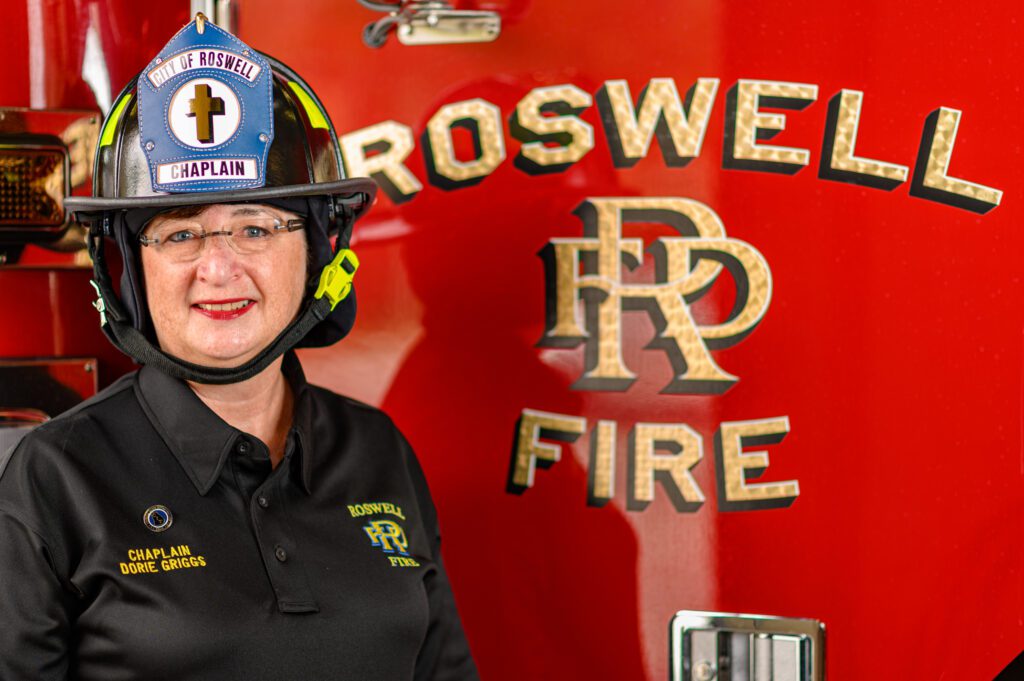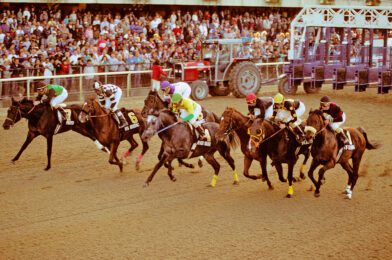A photo finish occurs in a sporting race when multiple competitors cross the finish line nearly simultaneously. As the naked eye may not be able to determine which of the competitors crossed the line first, a photo or video was taken at the finish line may be used for a more accurate check.
Life happens so quickly we often need to stop and assess.
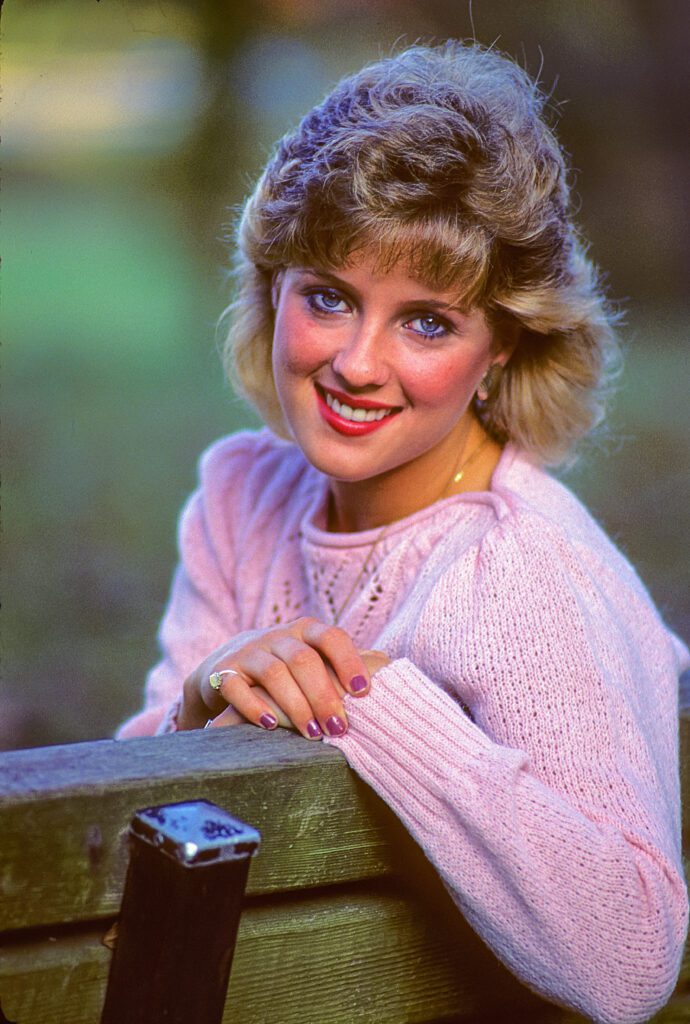
While at East Carolina University, I fell in love with photography. One thing I did was take lots of photos of my friends.
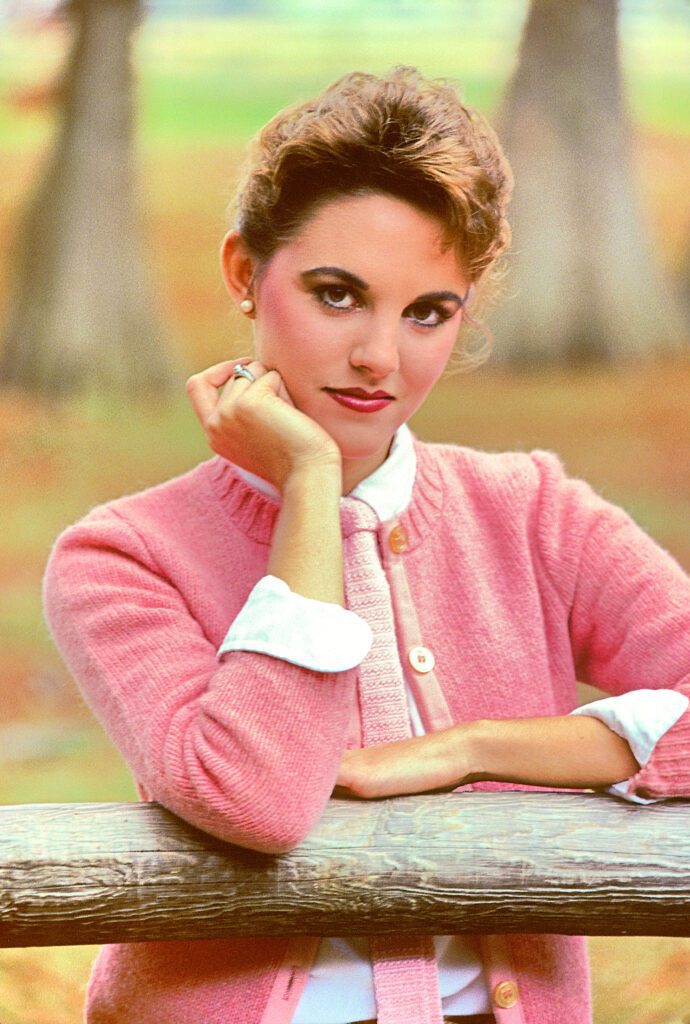
As with all young men, I enjoyed dating and meeting new young ladies. Photography lets me photograph them and remember them.
A new study by the University of London’s Hannah Scott and colleagues (2018) is about the idea that people stare, because “faces, and in particular, the eyes, provide lots of useful non-verbal information about a person’s mental state.” The eyes contain “socially relevant information,” they explain, because when you see what people are looking at, you have some idea about what they might be thinking. However, as the example of the shoes illustrates, it’s not just the eyes that people stare at when they look at you.
In other words, the authors suggest that people read your body language to extract as much information as possible, and they will direct their gaze toward the part of your body providing that information.
I studied social work at East Carolina University, where I studied body language. Photography allowed me to freeze moments and analyze them later.
While I started by enjoying looking at pretty women, I slowly began to study expressions and body language.
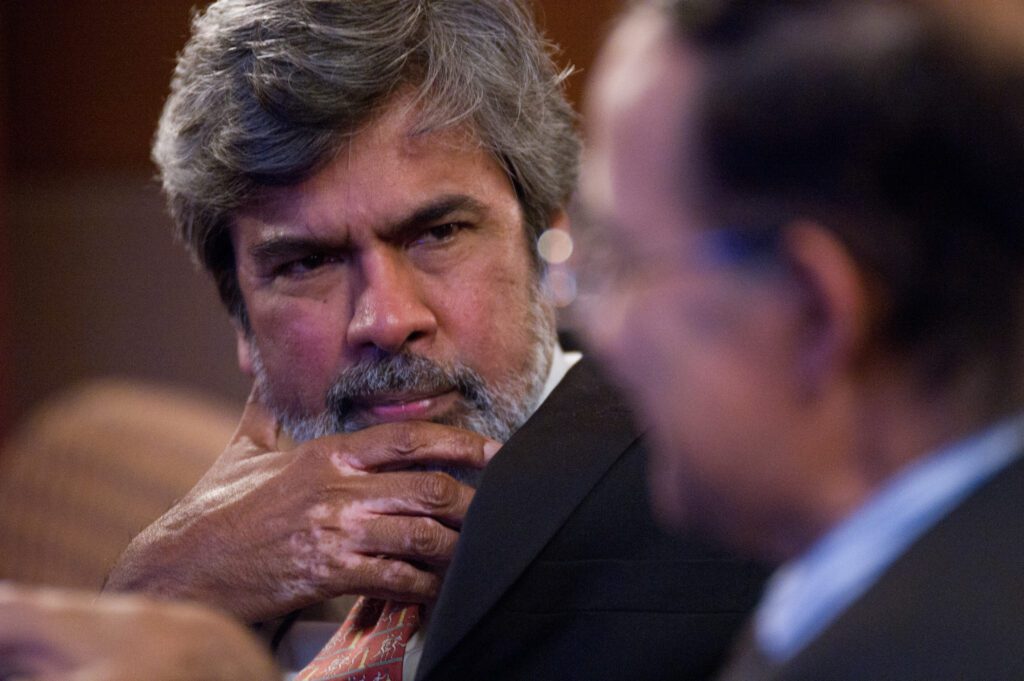
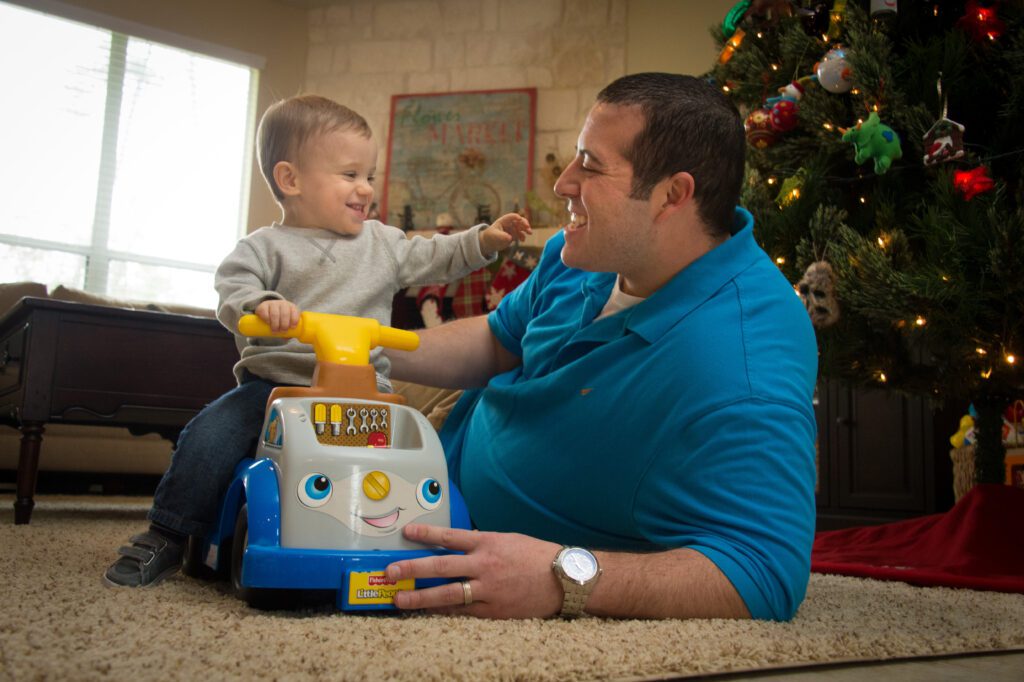
“Our hands seem to play just as important a role in orienting people’s attention as our eyes do.” However, if the person looks directly at the viewer while performing a manual task, the viewer will respond in kind and look at the individual’s face. When someone’s gaze is directed at you, you tend to stare back in a “nonverbal acknowledgment.” Therefore, looking at someone who looks at you becomes essential to nonverbal communication.
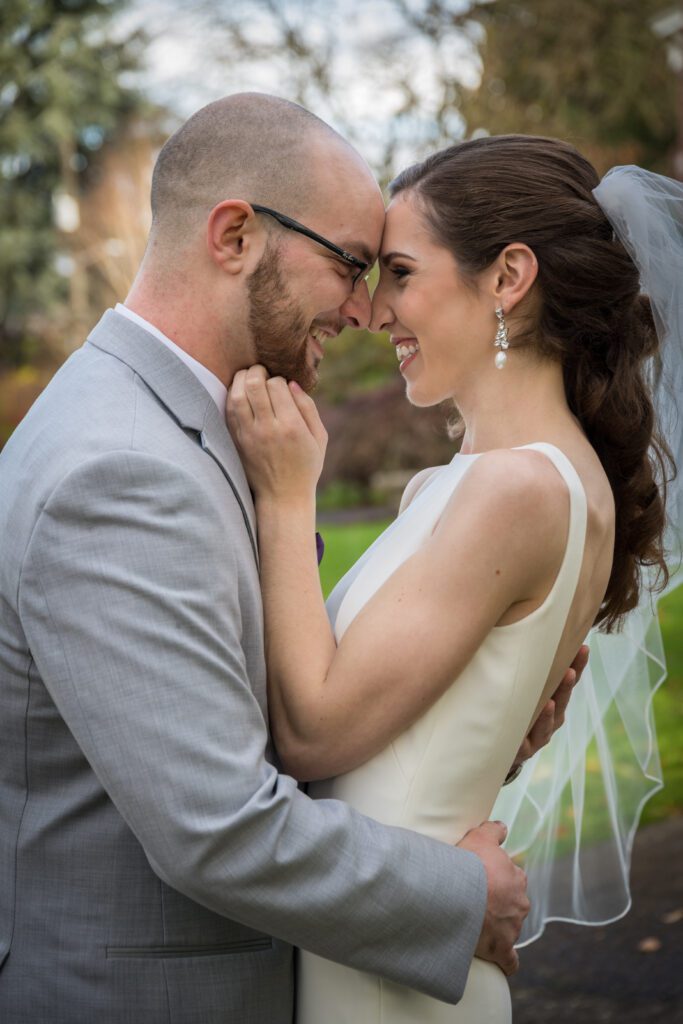
Most of us love wedding photos because they help preserve one of the happiest days in a couple’s life. The couple’s vows often refer to the moment they first met. The first look, the first kiss, and those moments that helped to define their relationship are celebrated.

Sometimes moments are enhanced in a circumstance, like in this photo where I caught the photographer taking a picture of a daddy and daughter posing before going into Chick-fil-A for their date night. I saw his flash, which helped tell the story even better.
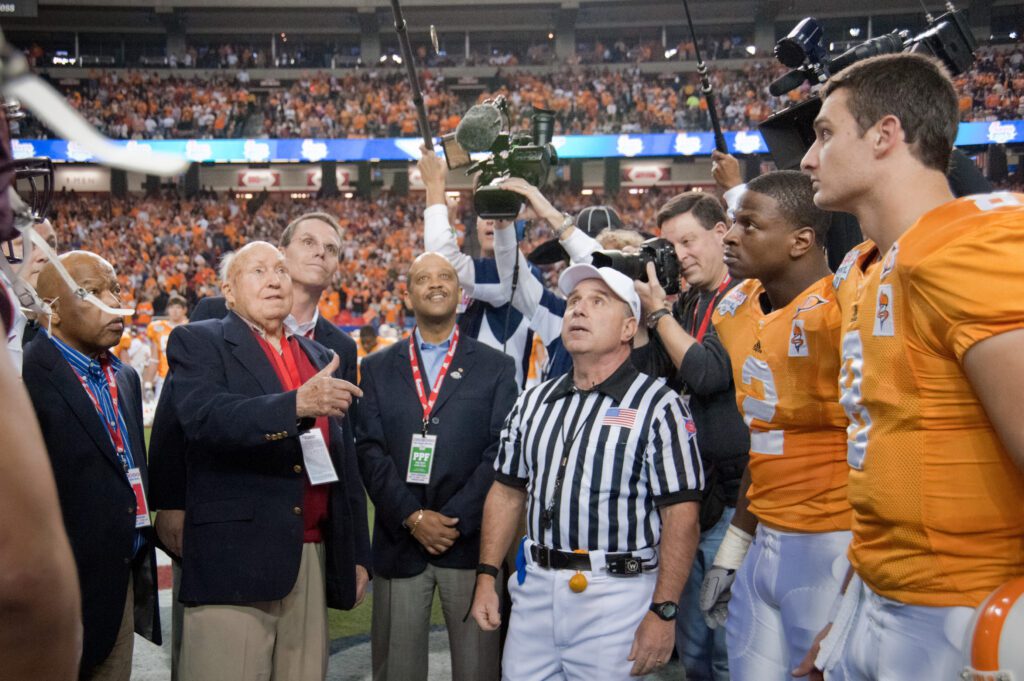
When Civil Rights icon John Lewis died, I found some photos of him. Again these are moments that become historical after they are made.
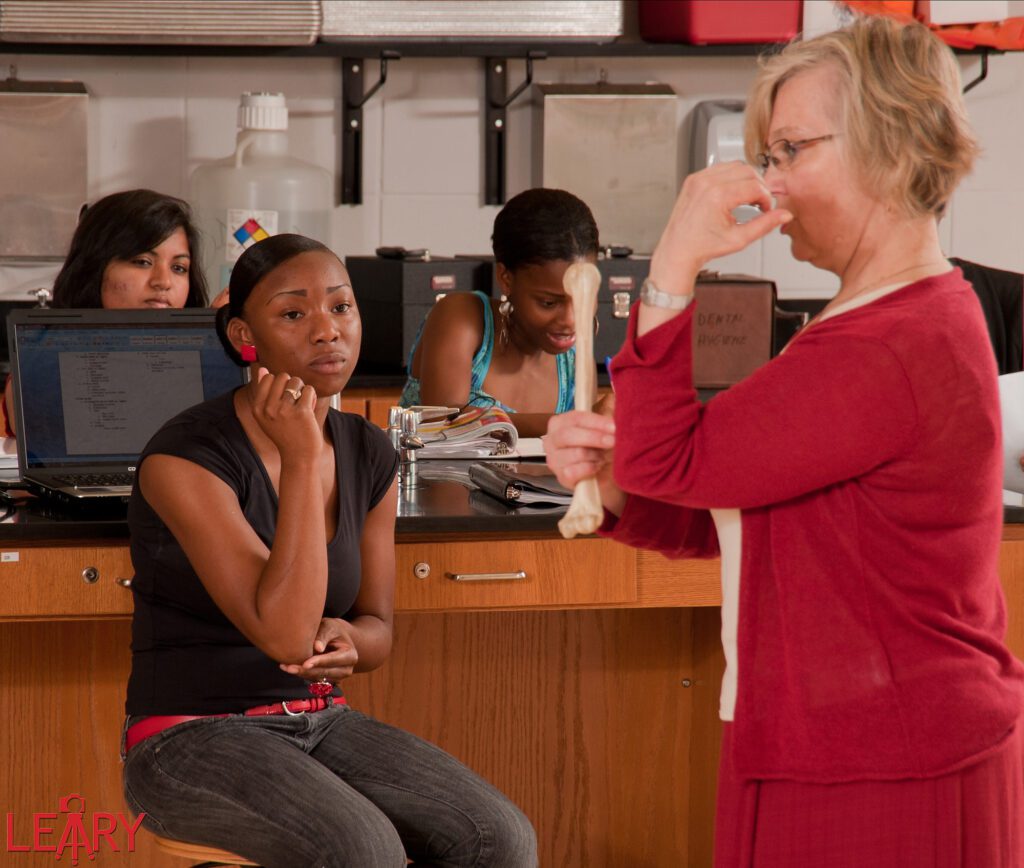
As a professional communicator, I aim to capture those moments that help tell a story. I was working at Clayton State University and shooting for their photo library. The purpose of the photo is to show the teaching and learning that takes place. The body language at the moment shows the desire of the student to remember the teacher’s point.
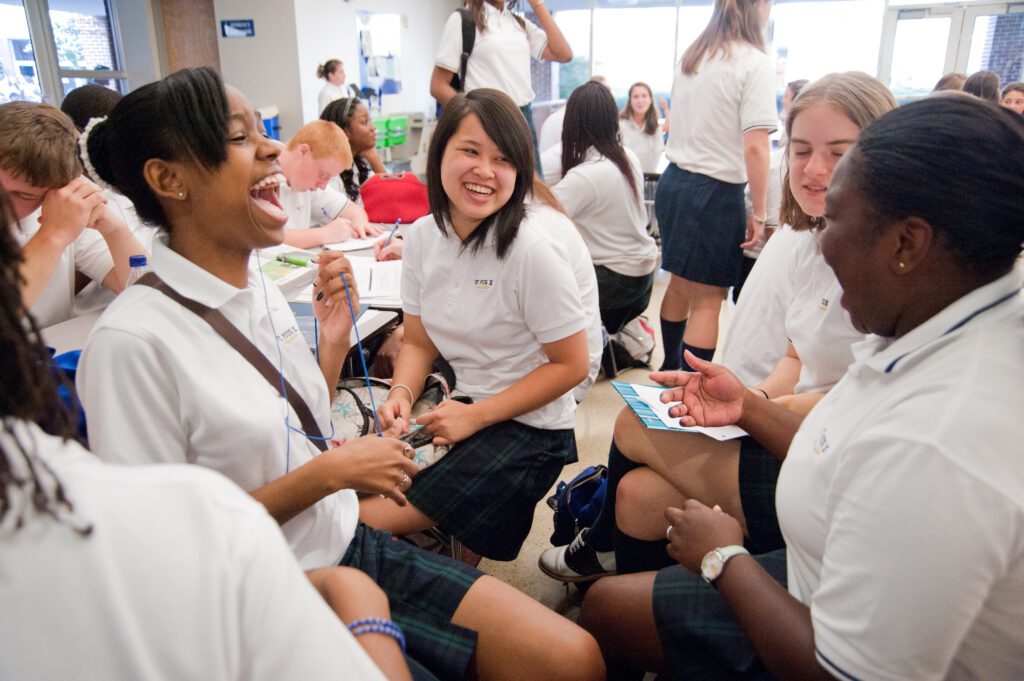
Another time I was shooting recruiting photos for a Catholic High School. My purpose was to show the school welcomed diversity and that this was where friendships took place.
In his presentation to the FOCUS group in a Zoom meeting, Michael Alexander talked about anticipating those moments. Michael said he spent a lot of time watching someone before taking photos. Since he often photographs priests at the pulpit, he realized long ago that they have a rhythm and pattern. Every once in a while, they make a gesture or expression. He would observe until he could predict those moments and then time his shutter to capture a moment.
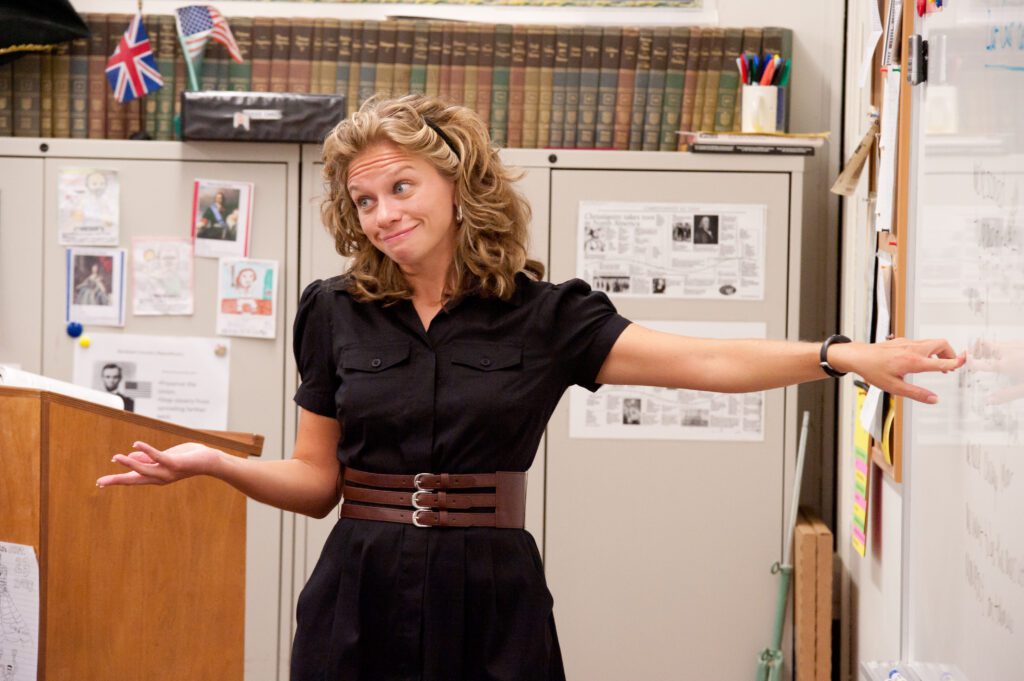
While some gestures are big and held out to be sure others are seeing them, many of our expressions are microexpressions. These are the expressions we have just reacting to moments versus trying to communicate to another person. The TV show “Lie to Me” was based on the science of reading facial expressions. Here is a video helping you see how minuscule these moments are and how if you catch them, you will know how someone feels in the moment.
Great visual storytellers harness these microexpressions in the telling of the story.
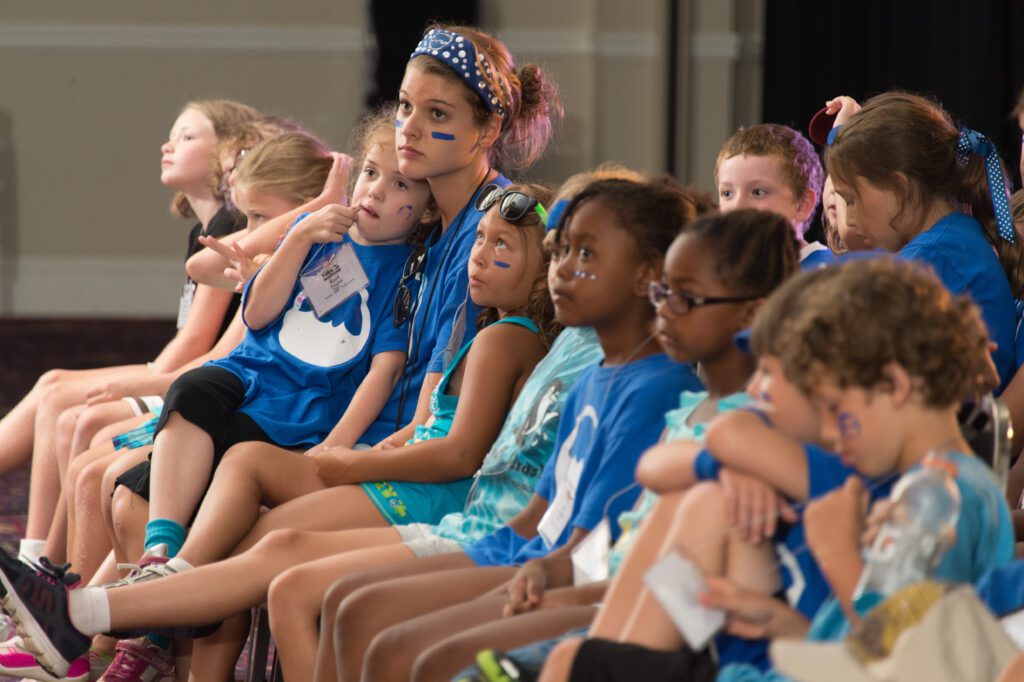
I love it when I have captured one of these involuntary microexpressions. They show a genuineness that is often missing in other photos.
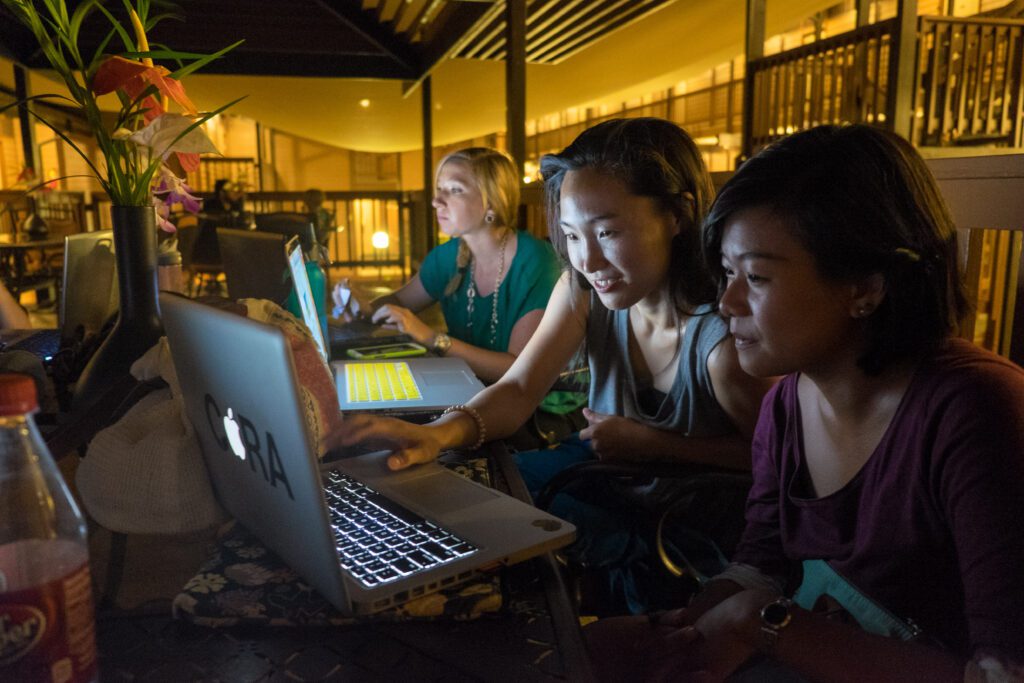
Learning to hit the pause button on life is much easier to do with a camera than with the mind alone.
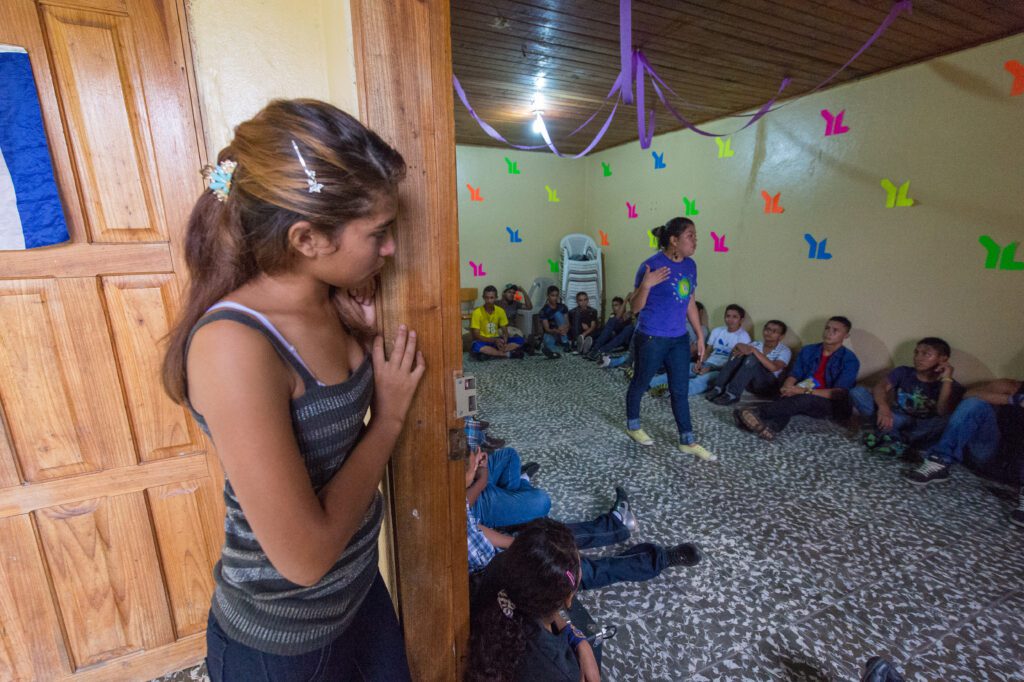
The best thing that ever happened to me was discovering photography. It helped me to slow down and pay attention to details. I learned to become more like photojournalist Michael Alexander who watches people and then learns to anticipate those moments and compose them so that I can bring the audience to that moment where I hit the pause button on life for the moment to sink in truly.
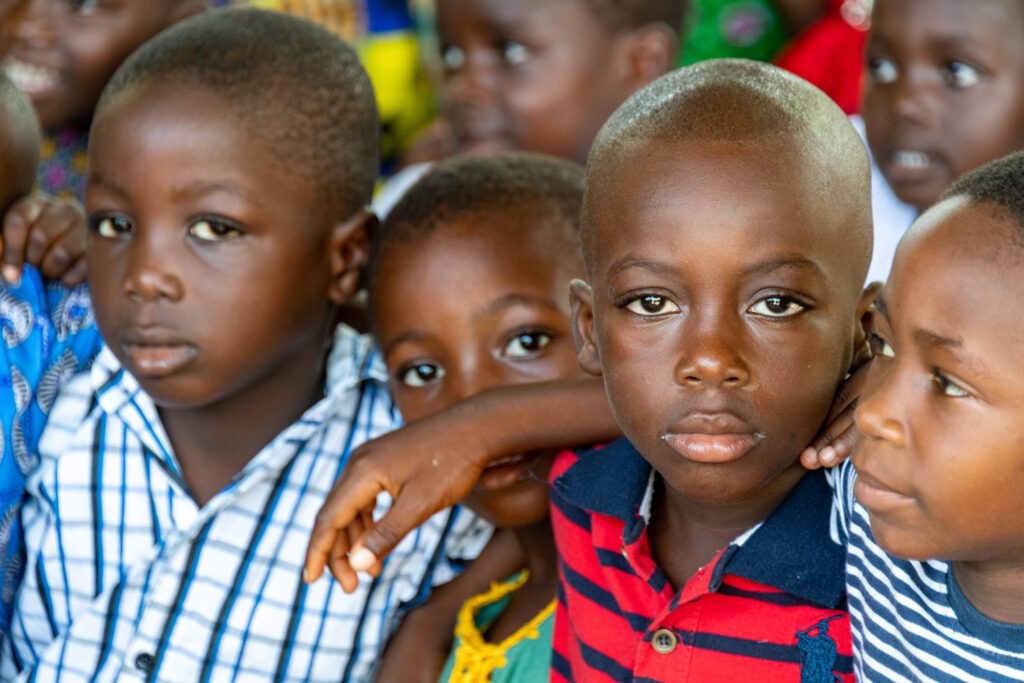
By the way, I married one of those beautiful women.
